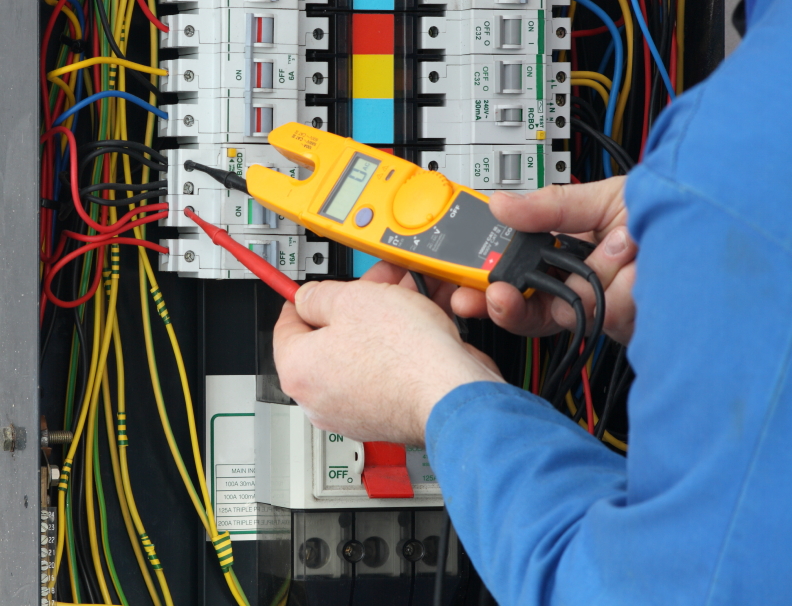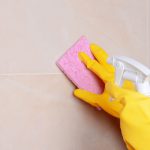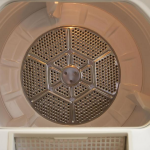Circuit breakers are essential for the safety of every home. The increasing number of electronic and electrical appliances puts especially high demands on the wiring found in older homes, and make circuit breakers even more critical. When home wiring circuits are overloaded, the wiring heats up, insulation can become damaged and the potential for fires increases. Incorrect use of extension cords can add to the problem.
In some cases, circuit breakers are all that stands between an overloaded circuit and a house that is burnt to the ground. When power problems begin to pop up, some homeowners try to correct the situation without professional advice. Because circuit breakers are so critical to maintaining the safety of your home, it is often too much to try and fix it by yourself.
Rules for Safe Circuits
Taxing your wiring by overloading it is a major safety issue. Extension cords should never be used as permanent wiring. Every extra foot of cable increases the load on the wiring in the home and increases the likelihood of fires or electrocutions. Overuse of temporary cables is a huge hazard.
Trouble-Shoot your Circuit Breakers
Armed with a bit of important information, you can trouble-shoot your circuit breaker panels yourself to determine if you need to call in professional help. You will want to have your circuits checked by an electrician if you:
- Have to repeatedly replace fuses or reset trip switches in circuit breaker boxes.
This will mean that the wiring to an outlet has been damaged or that the power demands are overloading the circuit on an ongoing basis. It is a very serious problem if heavier capacity fuses or circuit breaker switches are used with circuits not wired for the correct energy demand. A professional will need to bring the home up to standard electrical regulations. - See lights in your home flash on and off or dim on their own.
Visible changes in the operation of screen devices like televisions or computers can also indicate that you have power circuit issues. - Notice sparking or fire from any power outlet.
If this happens, immediately trip the circuit breaker manually. If you cannot tell which breaker goes to that outlet or switch, turn off all the breaker switches until you know what is going on. At that point it’s a good idea to shut off the main power control. - Hear sizzling or an intermittent that sounds like something cooking.
That could be caused by electrical arcing, which results from loose wire connections or wiring insulation that has burned away. - Can feel heat from electrical outlet and switch plate covers.
When they are noticeably warmer than room temperature there may be an overload on the circuit. - Notice some discoloration of outlet and switch plates.
That discoloration can indicate that the system is overheating. Get it checked out immediately.
Cables with plugs that are not properly connected like those that have been hand wired are dangerous. Electrical should come with a wire long enough to reach hard-wired electrical outlets. If the cable is of the proper length, the rating for the appliance has taken the length of the wire into consideration. Then the use of the electrical item can be considered safe.
When you have problems with your circuit breakers, fuse boxes or the wiring in your home, a professional electrician should be called to investigate and correct the situation. Misuse of cabling and appliances outside the hard-wired circuits of the home pose serious hazards. A professional electrician will minimize the risks to you and your family. As part of your home warranty, it is easy to find a licensed electrical specialist and to keep your electrical maintenance costs down.




